This book deals with the early intellectual reception of the cinema and the manner in which art theorists, philosophers, cultural theorists, and especially artists of the first decades of the twentieth century responded to its advent. While the idea persists that early writers on film were troubled by the cinema’s lowly form, this work proposes that there was another, largely unrecognized, strain in the reception of it. Far from anxious about film’s provenance in popular entertainment, some writers and artists proclaimed that the cinema was the most important art for the moderns, as it exemplified the vibrancy of contemporary life.
This book deals with the early intellectual reception of the cinema and the manner in which art theorists, philosophers, cultural theorists, and especially artists of the first decades of the twentieth century responded to its advent. While the idea persists that early writers on film were troubled by the cinema’s lowly form, this work proposes that there was another, largely unrecognized, strain in the reception of it. Far from anxious about film’s provenance in popular entertainment, some writers and artists proclaimed that the cinema was the most important art for the moderns, as it exemplified the vibrancy of contemporary life.
This view of the cinema was especially common among those whose commitments were to advanced artistic practices. Their notions about how to recast the art media (or the forms forged from those media’s materials) and the urgency of doing so formed the principal part of the conceptual core of the artistic programs advanced by the vanguard art movements of the first half of the twentieth century. This book, a companion to the author’s previous, Harmony & Dissent, examines the DADA and Surrealist movements as responses to the advent of the cinema.
R. Bruce Elder is a filmmaker, critic, and teacher (and former Program Director) in the Graduate Program in Communication and Culture at Ryerson University. His film work has been screened at New York’s Museum of Modern Art and Millennium Film Workshop, Berlin’s Kino Arsenal, Paris’ Centre Pompidou, the San Francisco Cinematheque, Atlanta’s High Museum, Los Angeles’ Film Forum, Stadtfilmmuseum München, and Hamburg’s Kino Metropolis. Retrospectives of his work have been presented by Anthology Film Archives (NY), the Art Gallery of Ontario, Cinématheque Québecoise, Il Festival Senzatitolo (Trento), Images Film and Video Festival (Toronto). Cinematheque Ontario has said this about him: “R. Bruce Elder is not only one of Canada’s foremost experimental filmmakers, he’s one of our greatest artists, thinkers, critics, and filmmakers, period.” Harmony & Dissent, his previous book on film and avant-garde art movements, was awarded the Robert Motherwell Book Prize, shortlisted for the Raymond Kilbansky Prize, and named a Choice Outstanding Academic Book for 2010.
Reviews
“DADA, Surrealism, and the Cinematic Effect, Bruce Elder’s superb companion volume to his earlier Harmony and Dissent, convincingly demonstrates that for the early twentieth-century avant-garde movements, cinema was the model, the preeminent form that prompted a recasting of the other arts. This wide-ranging study shows that Dada artists created cinematic collages and transformative machines, whereas Surrealists developed the film script as a new literary genre. His brilliant analyses of Duchamp’s Anémic cinema, Man Ray’s Retour à la raison and Emak Bakia, and Buñuel’s Un chien andalou and Las Hurdes are only surpassed by his intricate explication of Ernst’s cinematic collage novels, which he relates as models for Lawrence Jordan’s surrealist films. This is that rare book that casts the early twentieth-century avant-garde in a very new light.” — Rudolf Kuenzli, director, International Dada Archive, University of Iowa

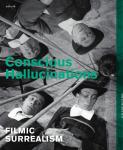
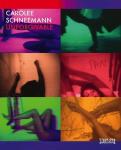
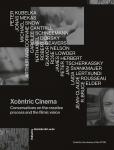
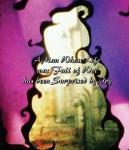

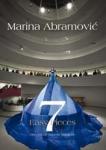
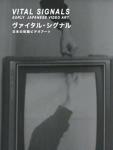
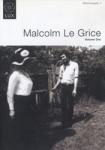

Añadir nuevo comentario